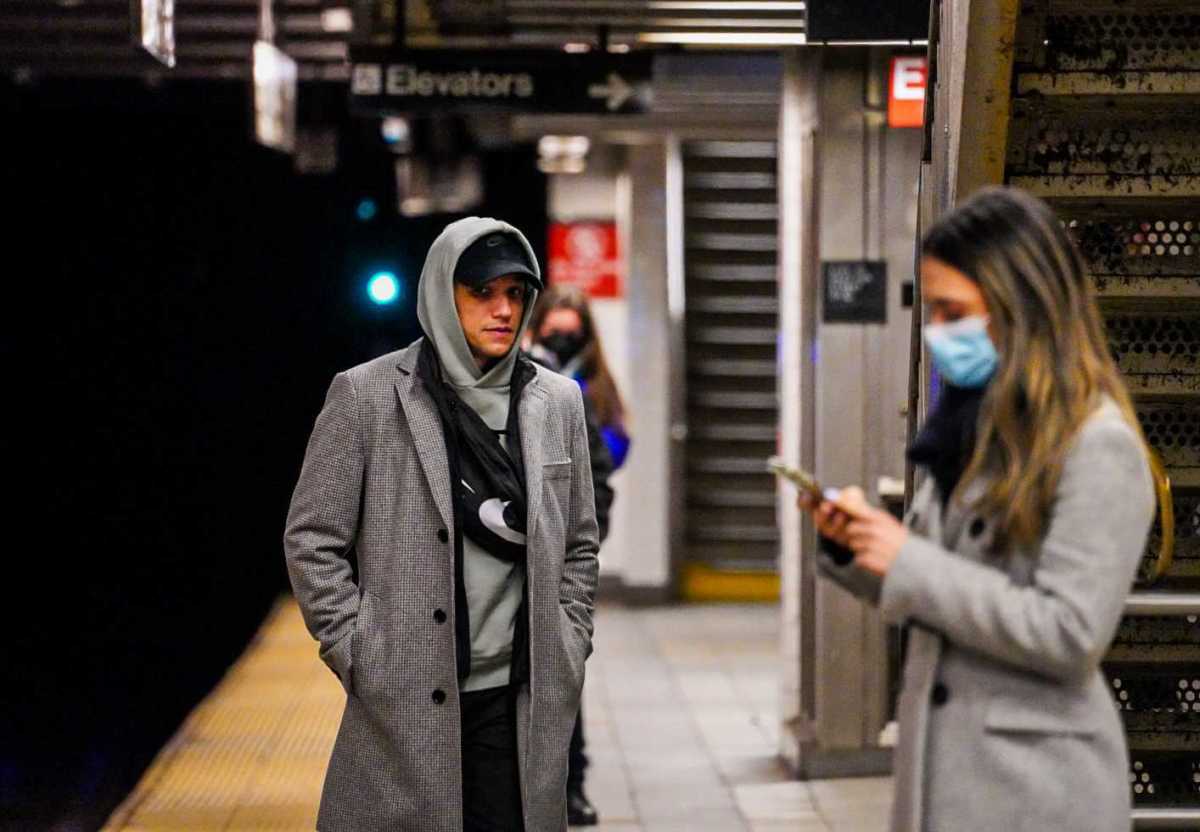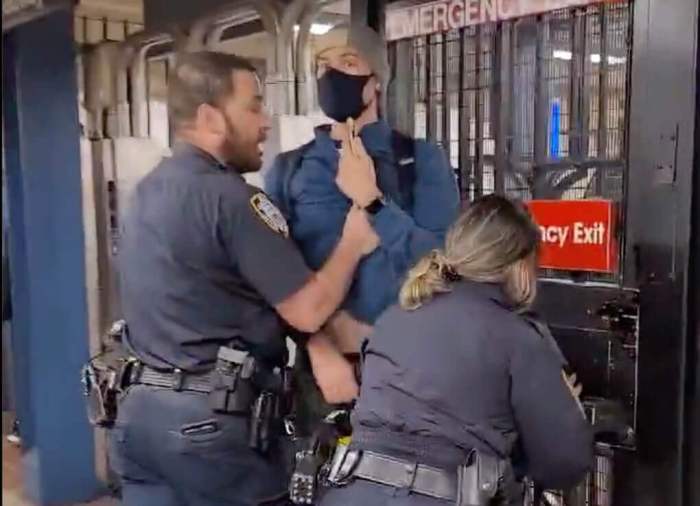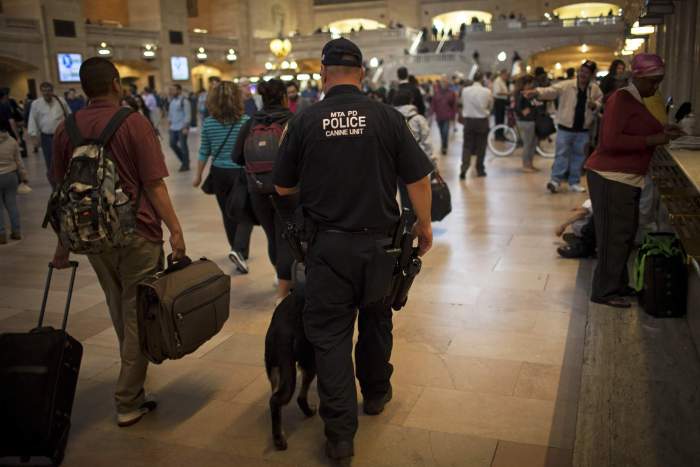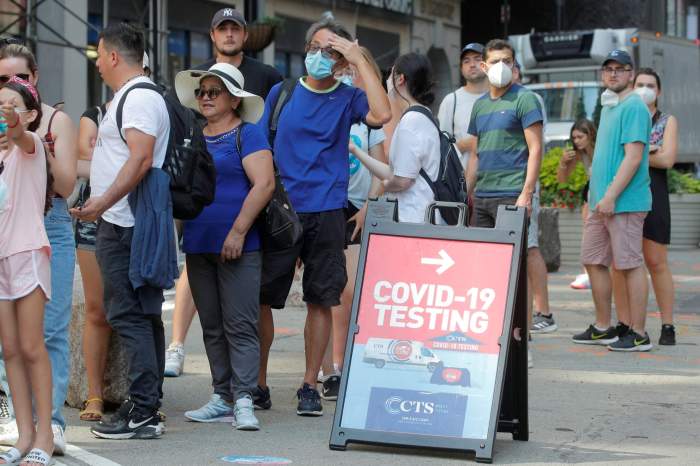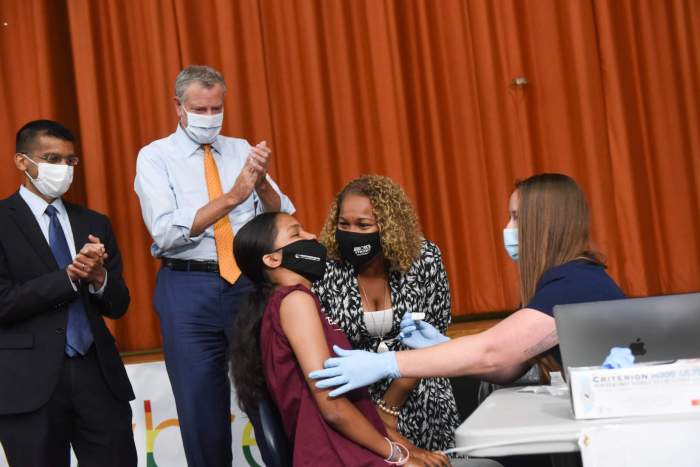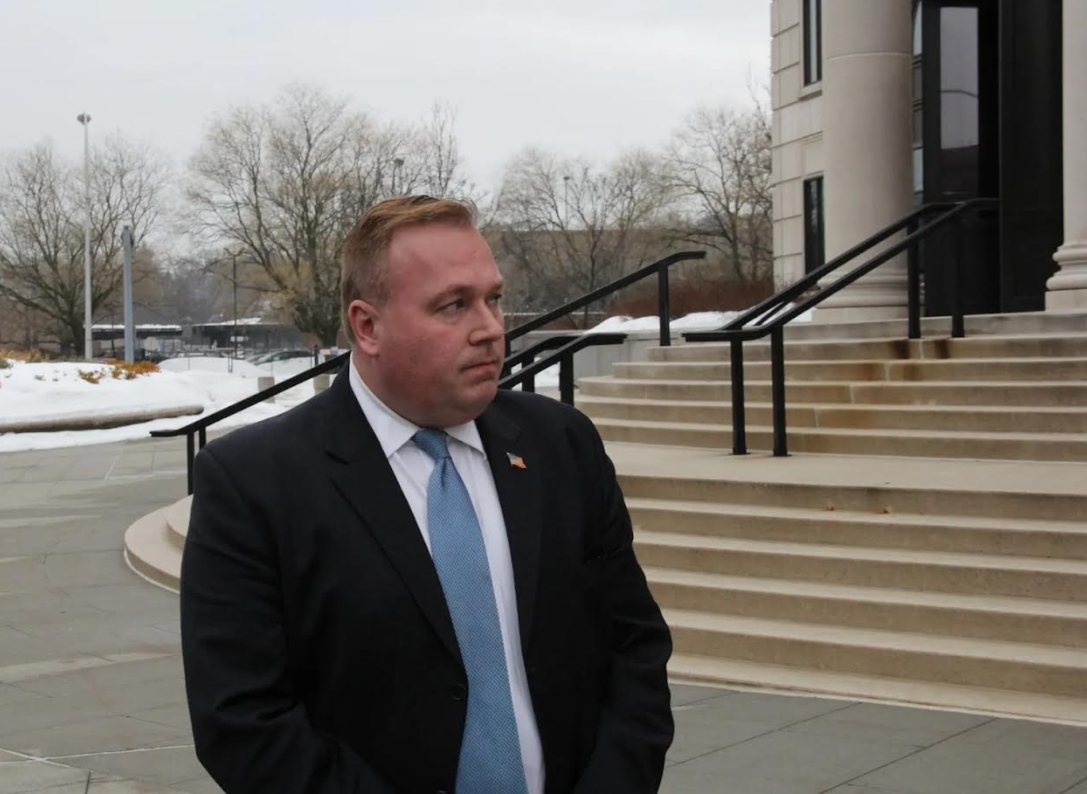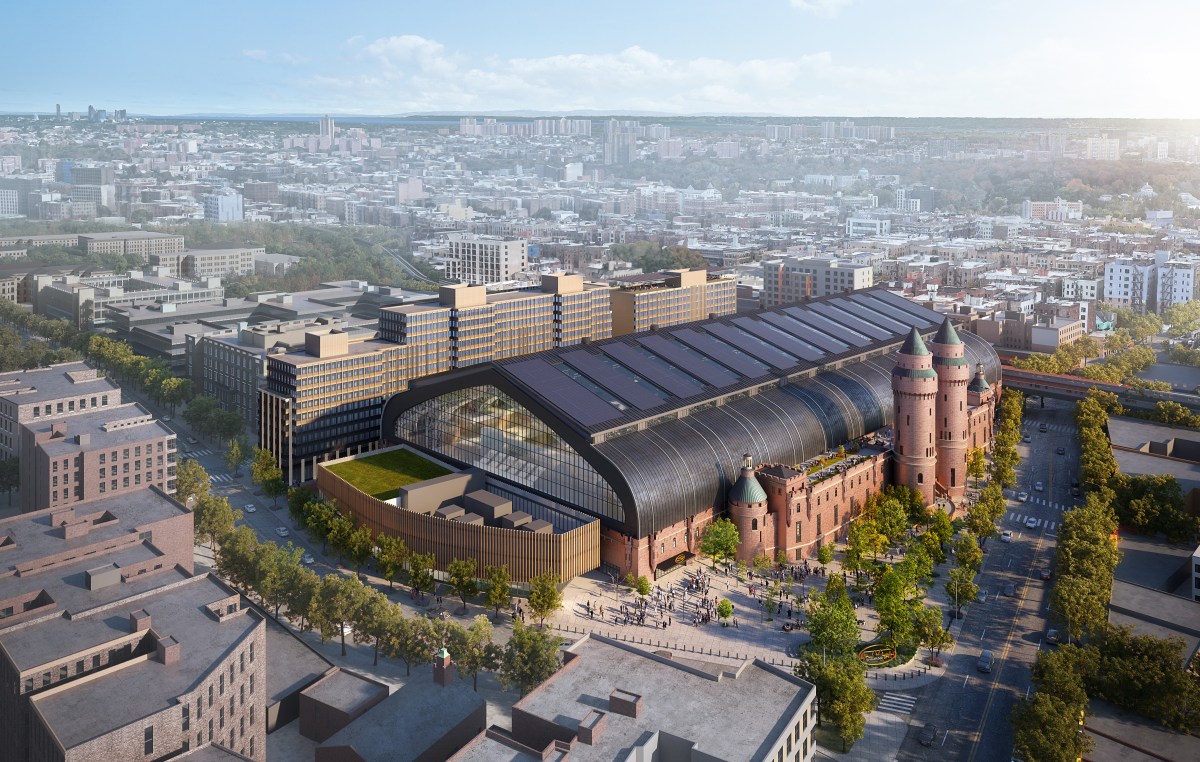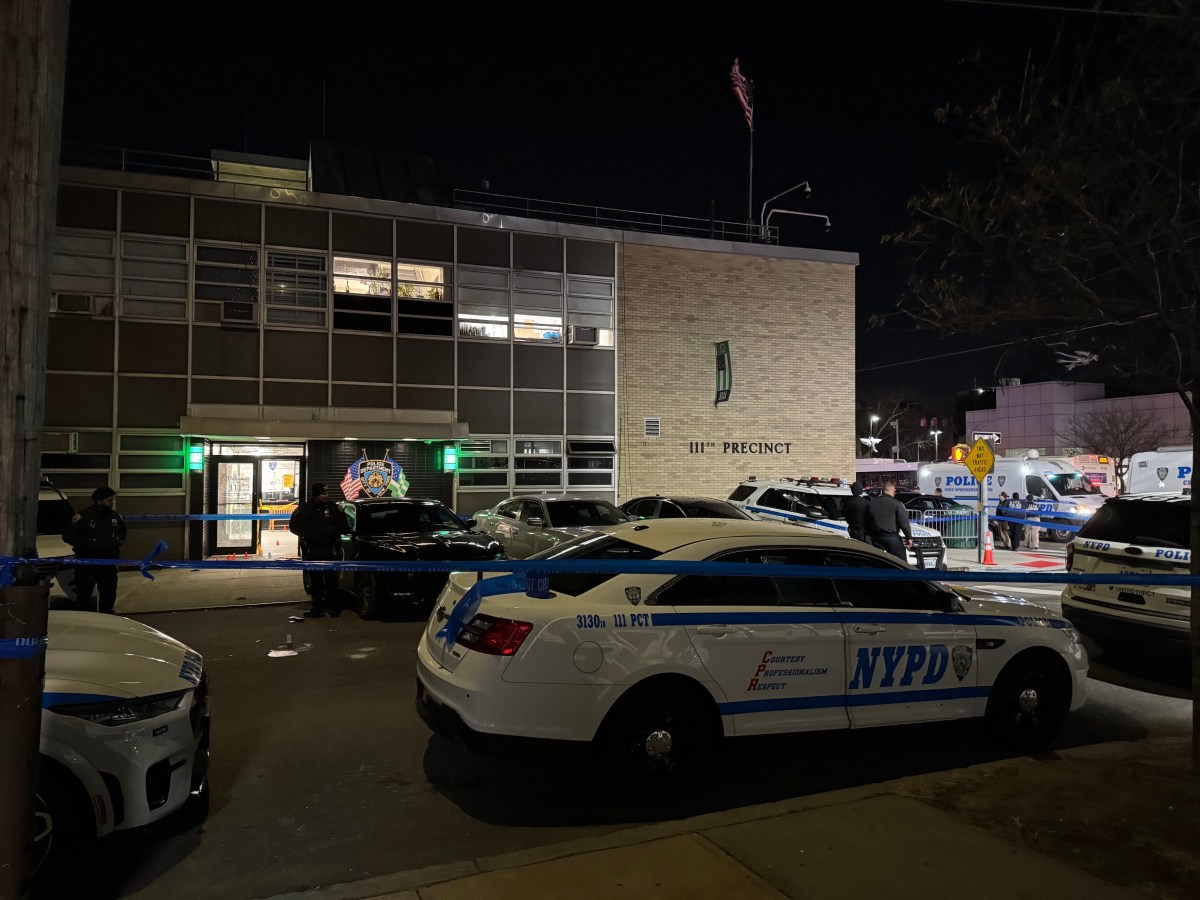The Metropolitan Transportation Authority is not planning to reinstate a mask mandate on public transit any time soon, Chair and CEO Janno Lieber said Wednesday, even as numerous members of the public testified in favor of one ahead of an anticipated winter COVID-19 surge.
The seven-day average COVID positivity rate in the five boroughs stood at 9.3% on Oct. 26, a rate that the city says is “stable.” But the number of cases in the city is almost certainly much higher than reported due to the prevalence of home testing, where results are not recorded by the state. Positivity rates hit 20% in parts of Manhattan earlier this month.
With new variants like BQ and “nightmare” XBB continuing to emerge, and hundreds of New Yorkers hospitalized with COVID at any given time, some health experts are once again sounding the alarm and suggesting people don masks in indoor public spaces.
Nonetheless, the transit authority, which has been slowly recovering from the catastrophe wrought upon it by the pandemic, does not have any immediate plans to reinstate the mask mandate it rescinded last month on trains and buses.
At a press conference following the board’s monthly meeting on Wednesday, Lieber said that the MTA is not in the business of public health and will defer to federal, state, and city health authorities on mask policy.
“What we do on the public health area is we defer to the relevant federal, state, and some cases city authorities. That’s why this is complicated,” Lieber said. “I very much respect the folks who feel strongly about mask-wearing, but the MTA is not a public health expert, and we’re gonna defer to the folks who have that responsibility in establishing standards for all the public spaces.”
Even if the authority were to reinstate a mandate, it’s a near certainty that many riders would choose not to comply. Masking rates had already slipped considerably on trains and buses before the September announcement, and have only descended further since as pandemic fatigue sets in.
“We had really high compliance, but what happened is so many public spaces became mask optional, and then the compliance started to erode, even before the public health authorities made their decision,” Lieber said.
But many riders with disabilities and other COVID high-risk factors are pleading with the authority to reinstate a mandate, arguing that riding the train with a comorbidity simply isn’t safe. Numerous members of the public filed into the board on Wednesday to testify to authority bigs in favor of a mandate, or alternatives like “mask-only” cars on subways or commuter rail.
“In the midst of high COVID-community transmission, ending the mask mandate on public transit has made our lives more unsafe,” said Myra Batchelder in a testimony to the board. “No one should have to risk getting COVID-19 in order to travel to doctors’ appointments, hospitals, work, school, or other places. For those of us at higher risk for severe COVID, the risk has intensified.”



